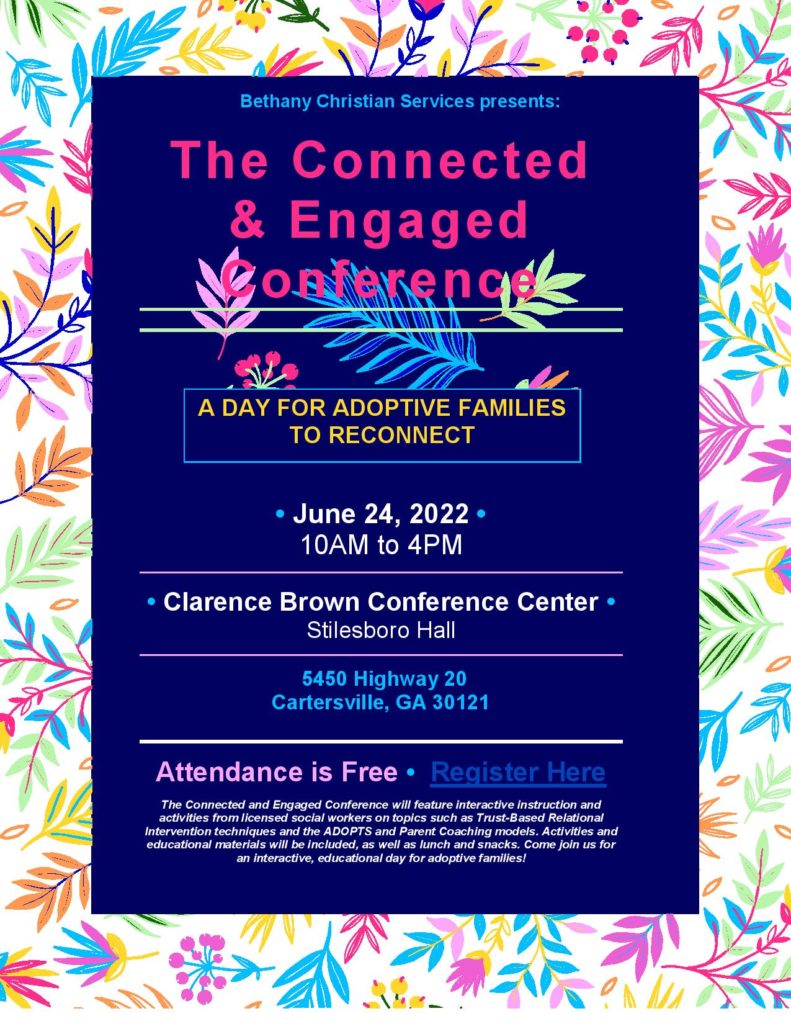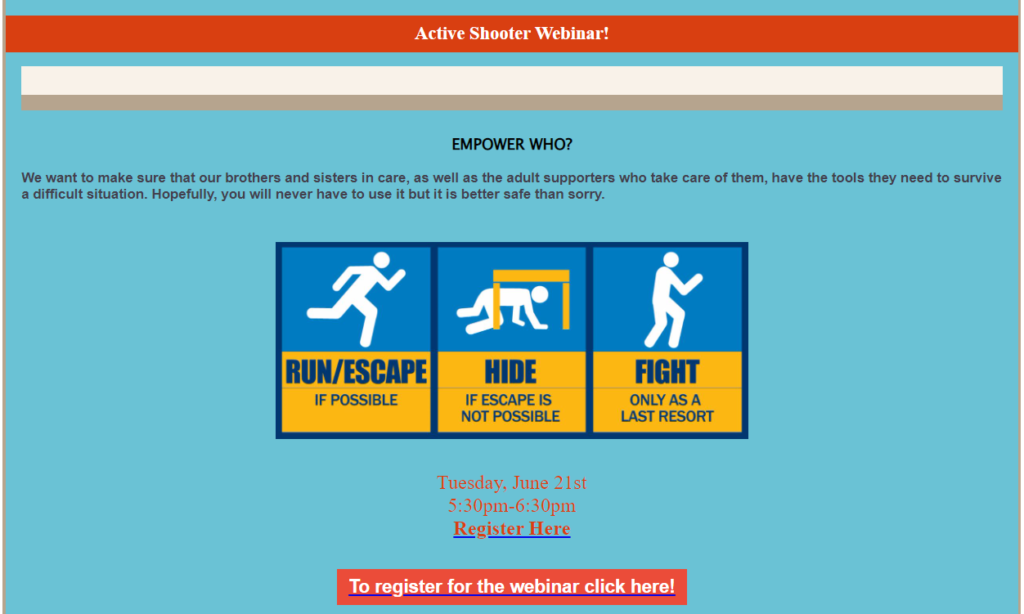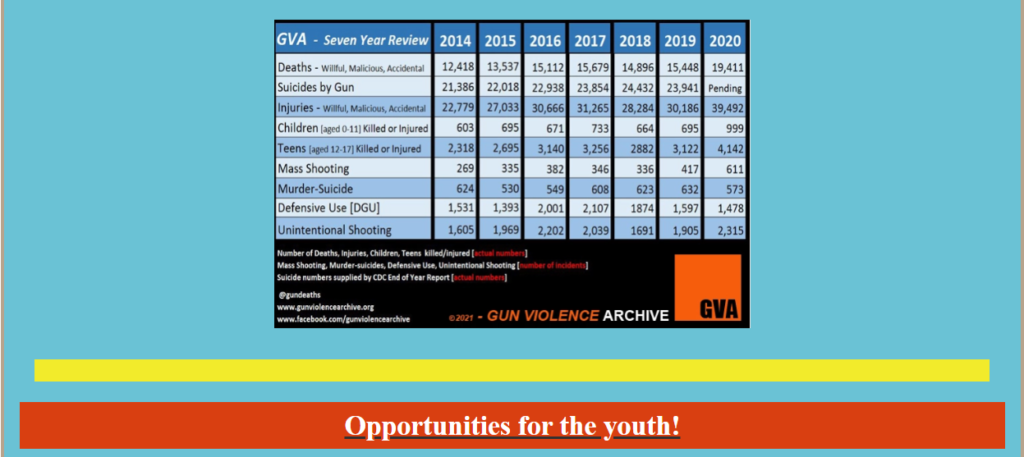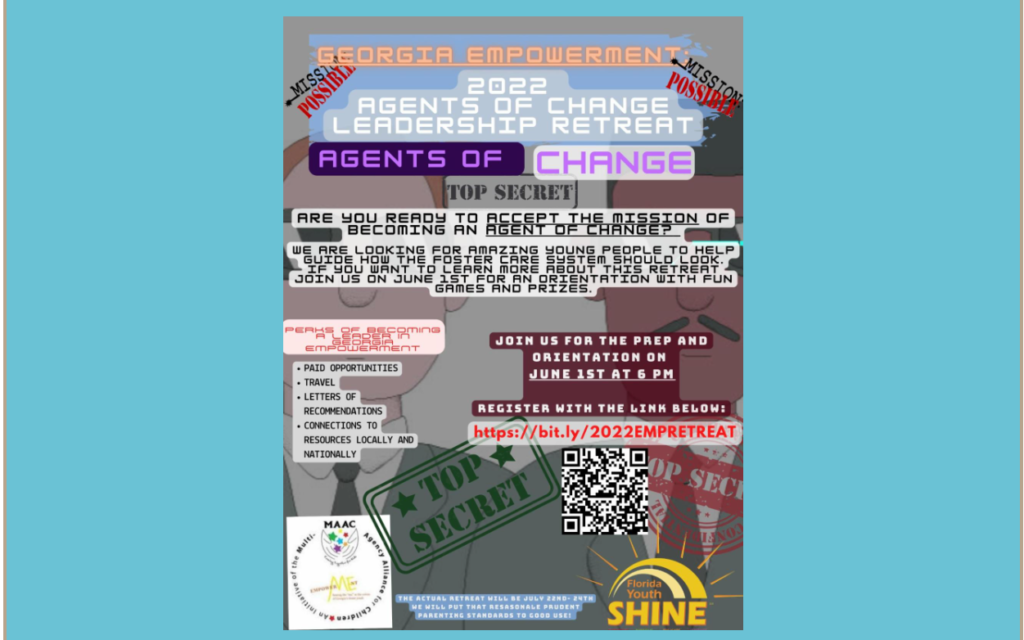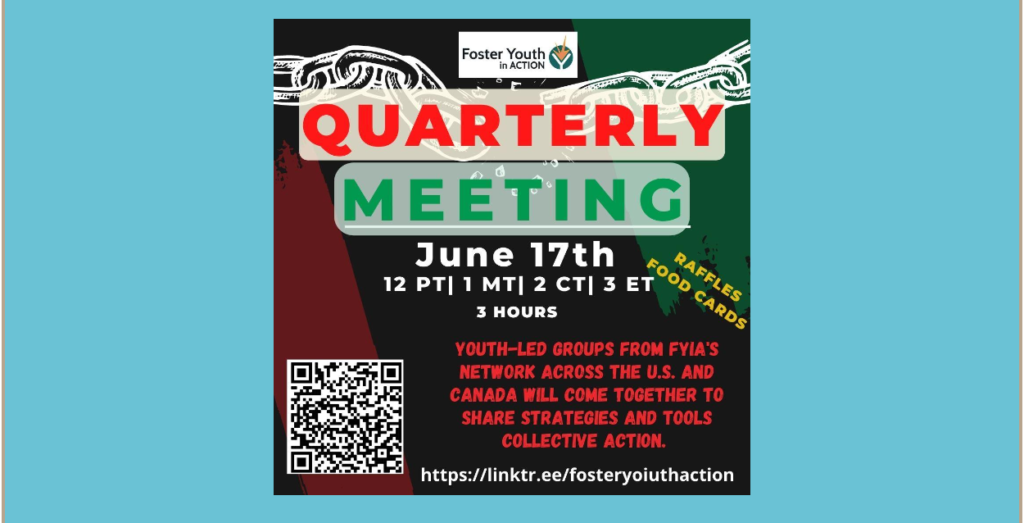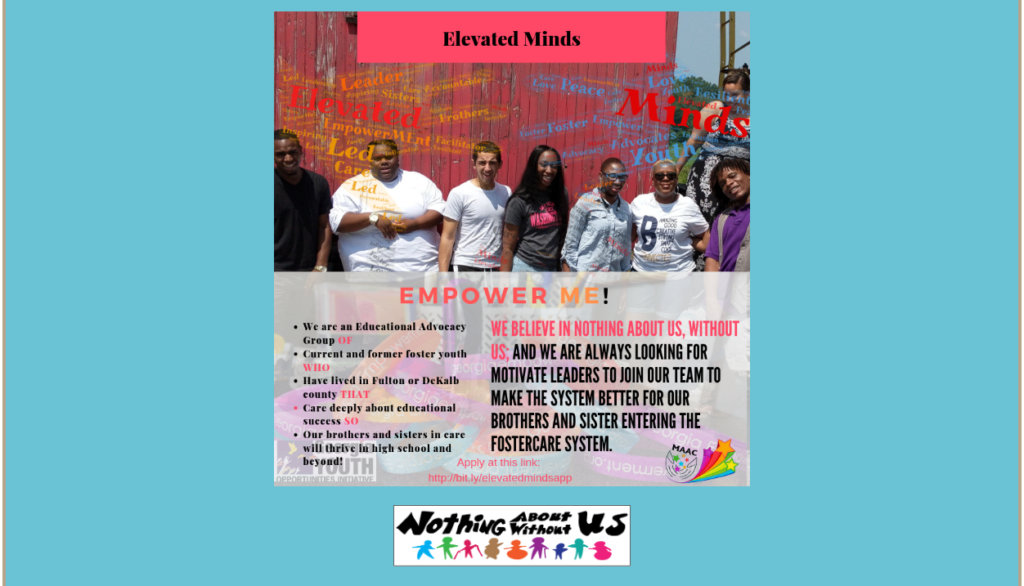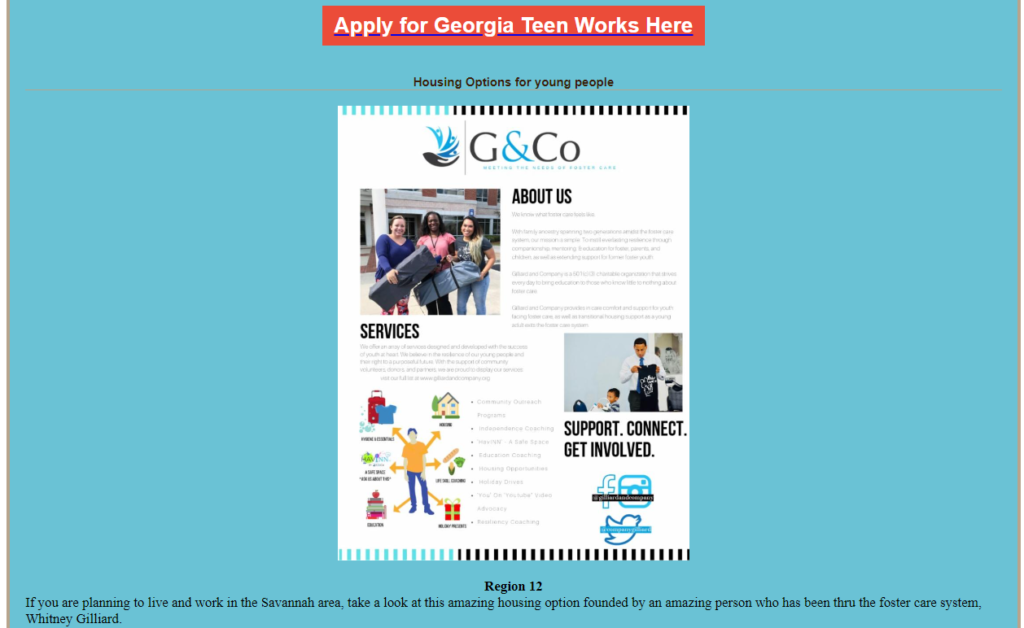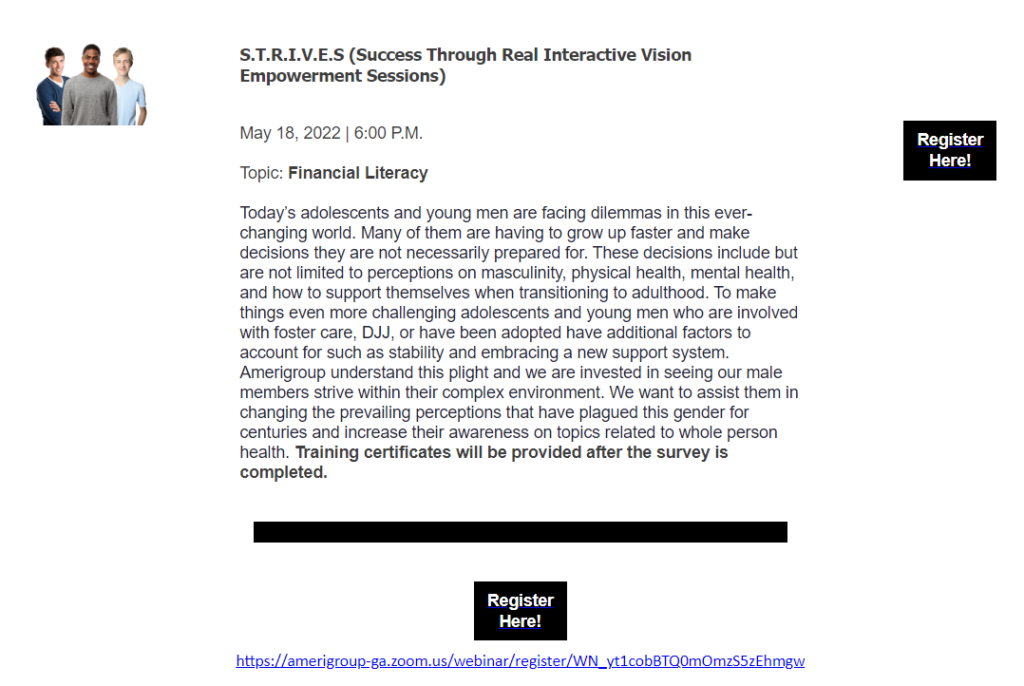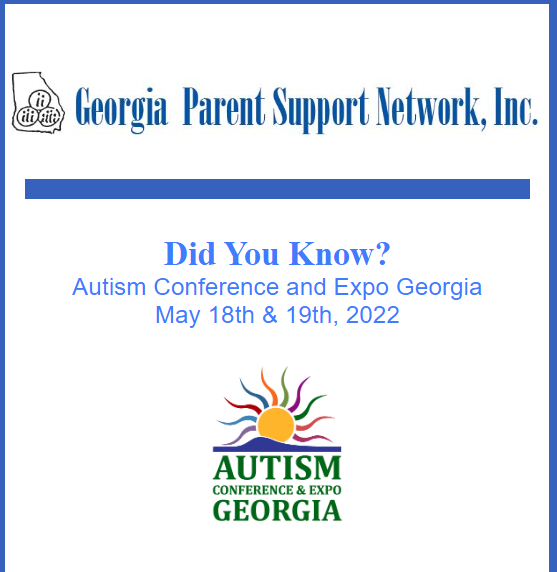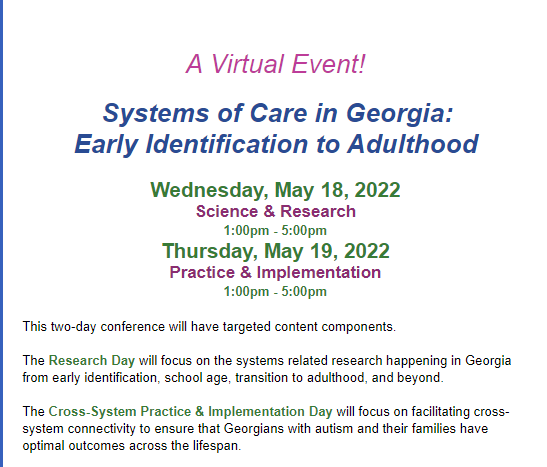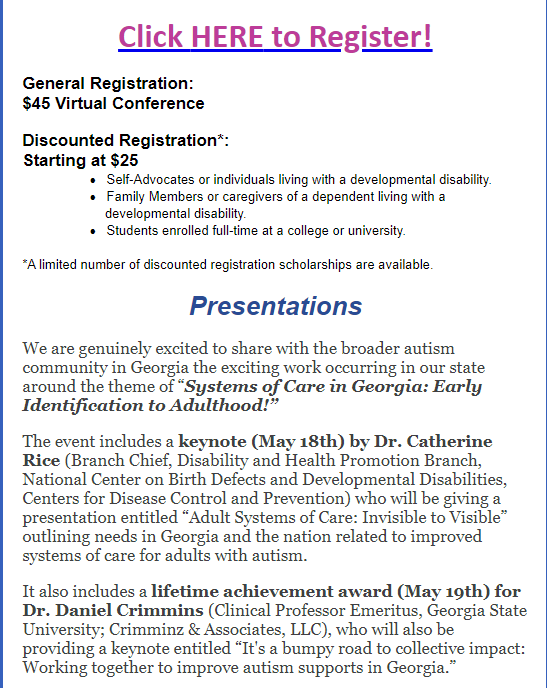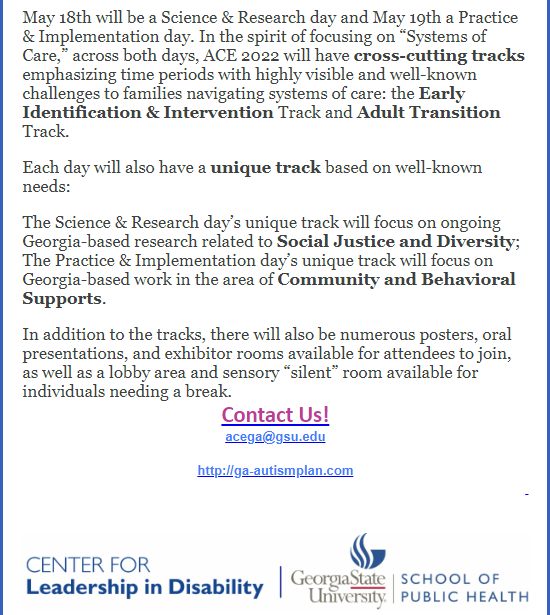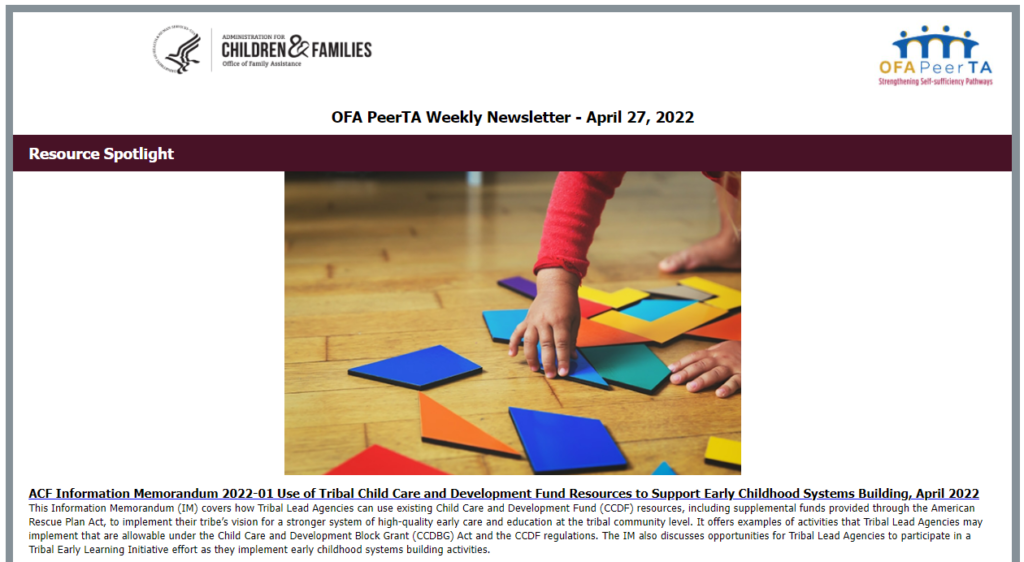Amerigroup Georgia Families 360° Presents: Parent Child Interactive Therapy (PCIT)
Caregivers, Grab your TOOLKIT and get ready to add some relevant and useful TOOLS on effective ways to bond with children (ages 2-7) placed in your home and develop more effective parenting styles that better meet their needs through the Parent-Child Interaction Therapy (PCIT) Model:
Parent-Child Interaction Therapy (PCIT) is an evidence-based, behavioral intervention for children (ages 2 -7 years) and their parents or caregivers that focuses on decreasing disruptive child behavior problems (e.g., tantrums, defiance, aggression), increasing child social skills and cooperation, and improving the parent-child attachment relationship. PCIT teaches parents specialized play-therapy skills to use as social reinforcers of positive child behavior and behavior management skills to decrease challenging child behavior.
In this training, participants will gain a better understanding of the Parent-Child Interaction Therapy (PCIT) Model and how the core therapeutic skills are applied (PRIDE skills and safe discipline skills).
Participants will also be introduced to the first cohort of local PCIT therapists from Pathways Transitions Programs, Inc.
Date: Tuesday, July 26, 2022
Time: 10:00AM – 12:00PM
Reserve your space today click here to register
*Training certificates will be provided
EmpowerMEnt: Active Shooter Webinar! June 21st 5:30pm-6:30pm ( Foster parents/Youth/ Staff, training with Certificate)
Child Welfare Training Collaboration

The Georgia State University School of Social Work Professional Excellence Program Child Welfare Training Collaborative (CWTC) offers training to community partners (e.g. public child welfare, law enforcement, placement providers, early care and learning, K-12 education, behavioral and physical health, juvenile courts, and other community and government organizations) throughout the state of Georgia. Bringing everyone to the same table creates an opportunity for community partners to have a shared understanding of issues facing children and families and also strengthens collaborations to promote better outcomes for Georgia’s children.
Antibacterial Wipes Donation
Formula Shortage Information and Resources
We were asked by Casey Family Programs to reach out to our networks about how the infant formula shortage is affecting families in our communities. I have received the challenges, as well as the resources listed below from community organizations. Please feel free to share these resources with your staff & regional/county networks.
Challenges:
- Families must drive to multiple locations to locate formula or specific type of formula.
- Rural communities are struggling because they have fewer places that supply formula to choose from.
- Some counties do not have a pediatricians’ office and families must drive to another county.
- Some infants need a specific type of formula due to allergies and families are unable to locate enough because other families are now purchasing whichever type of formula they can find.
- Some families have switched to a soy formula and some infants are having stomach issues.
- Community organizations are having to educate families to NOT use whole milk, pediasure supplements, or create their own formula (such as the “old fashioned” recipe with karo syrup). There could be long term medical impacts for those infants if families do that.
- WIC does not cover all brands of formula.
- Some formula brands have recently been recalled leading to further shortage.
- Gas is more expensive, and many families cannot afford to drive to multiple locations looking for formula.
- Many families are receiving fewer cans of formula than they are supposed to receive with their WIC voucher due to shortage.
- Foster families are having to pay out of pocket for formula and wait to be reimbursed.
- Some families are having to divert money from regular bills to pay cash for formula at smaller stores that don’t accept vouchers.
- Price gouging and “black market” formula is an issue in some communities.
- Some communities report families trying to stretch their formula by adding water or cow’s milk to the formula to extend it. They are fielding phone calls about using pediasure supplements in place of formula. This could have medical-impacts on the infants.
- First Steps programs report high stress levels among new parents that fear breastfeeding may not be possible for them.
- Community organizations have run through their supply of formula and are also unable to find more to give to families. They are making calls to retail sources.
Resources:
- Local pediatricians’ offices can provide referrals for families who need specific brands due to allergies and need to use WIC.
- Fact sheet from HHS for helping families find formula: https://www.hhs.gov/formula/index.html
- Social media groups are creating local donor banks in some communities for families to find or donate formula. HOWEVER, families should be careful as there are some scans and price gouging going on.
- Tips from AAP on what to do if you cannot find formula- https://healthychildren.org/English/Pages/default.aspx
- Many community organizations are purchasing formula for families who cannot afford it due to price increases. Some are also paying for gas for families since they are having to drive to multiple places to find formula.
- Communities are mobilizing networks of volunteers to search for and buy formula for families being served by local organizations.
- Some pediatricians’ offices have sample cans of formula they can give to families.
- Pregnancy Centers are working with local community organizations to help supply formula to families.
- Breast Milk Banks can help if you have one in your community.
- If a community has a First Steps program, they can help make referrals to local agencies who still have supply.
- Local Department of Public Health for resources.
- Local pediatrician should always be contacted if you have concerns about which formula to give your infant. https://dph.georgia.gov/press-releases/2022-05-18/dph-urges-parents-talk-their-pediatricians-guidance-during-baby-formula
S.T.R.I.V.E (Success Through Real Interactive Vision Empowerment Sessions) May 18, 2022 at 6PM
Did You Know? Autism Conference and Expo – May 18th & 19th
Silence the Shame x ATL Hawks Youth COPE Mental Wellness Clinic – Special Updates!




